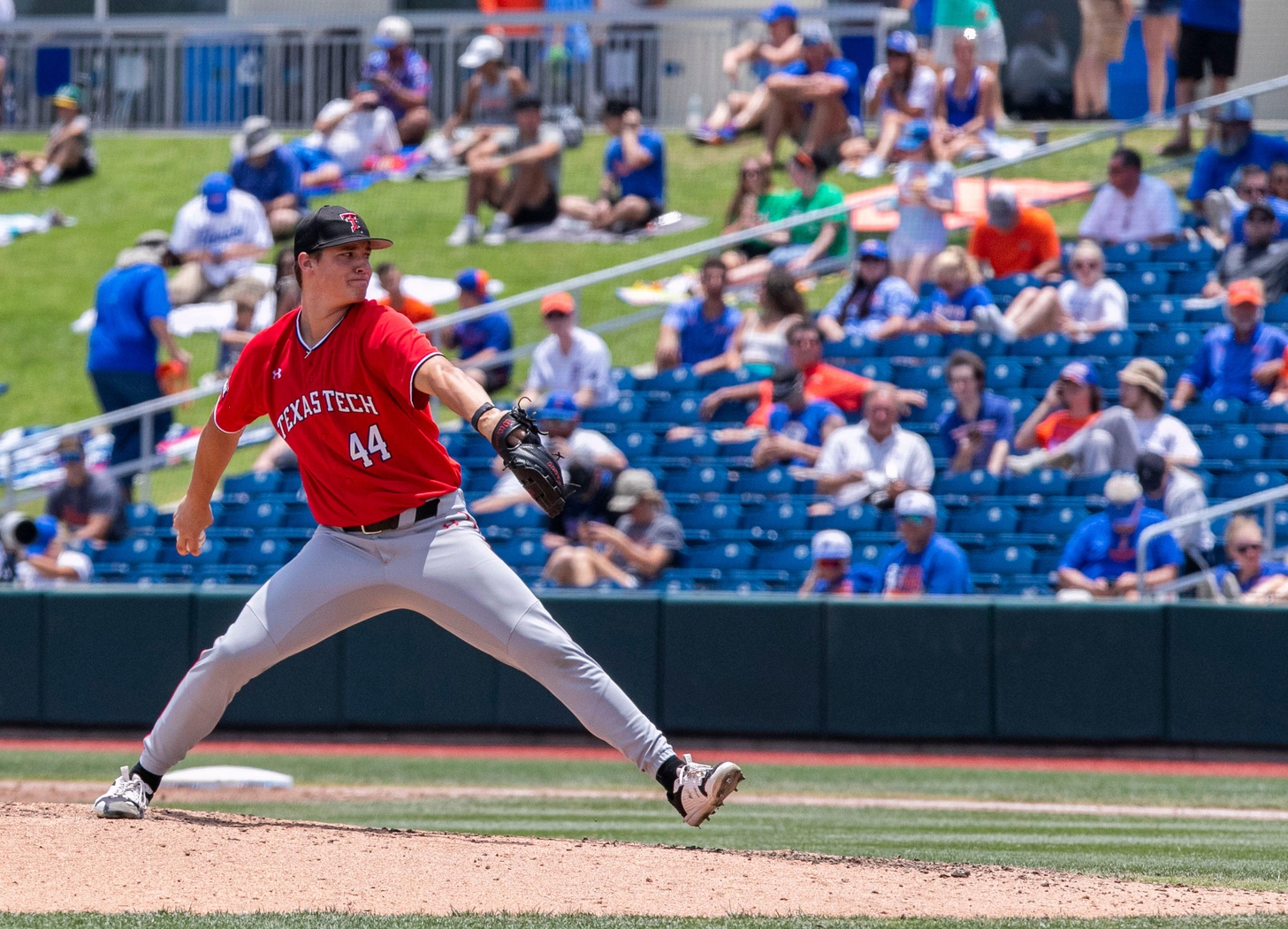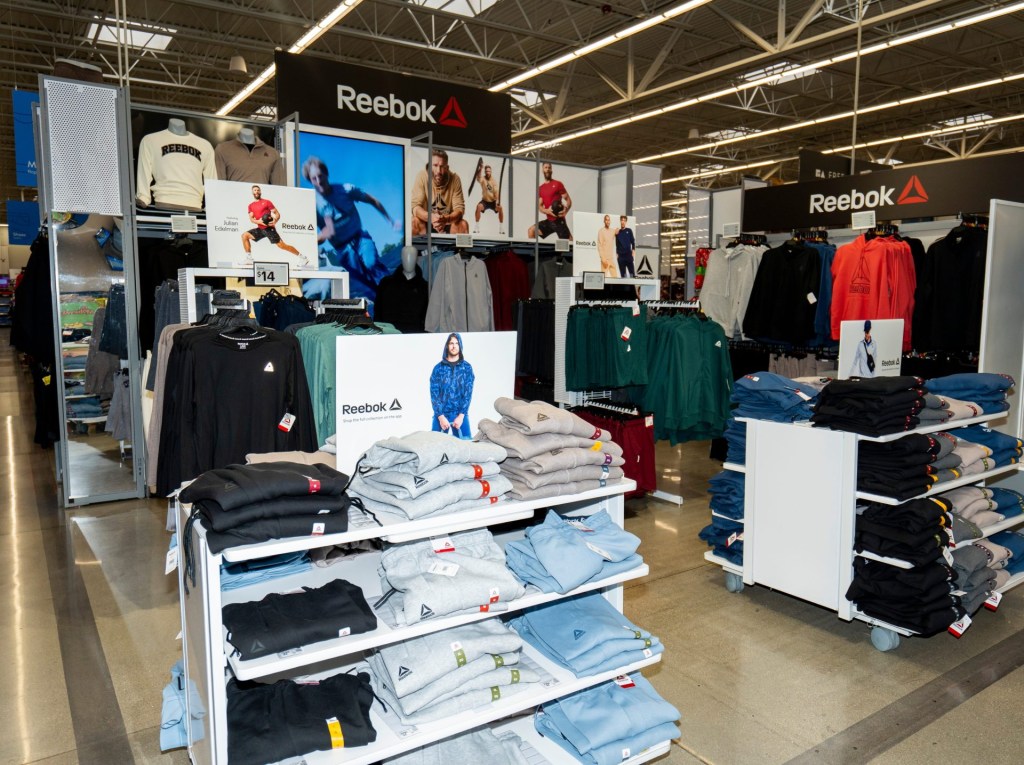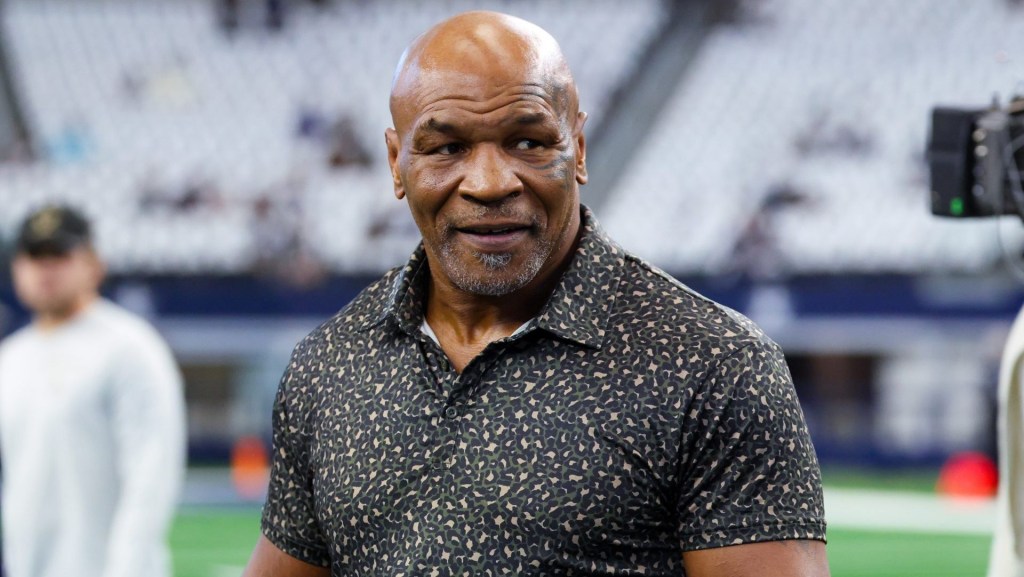A federal judge in California approved a settlement Tuesday in a class action case brought against the NCAA by former volunteer baseball coaches.
The NCAA will pay $49.25 million as part of the agreement, with close to $33 million of that going directly to coaches, and most of the rest going to legal fees. Volunteers who coached from November 29, 2018 through July 1, 2023 will be eligible for payments averaging about $36,000 each. How much money each coach gets will be based on how long they coached and for which schools. According to the judge’s order, about 1,000 coaches will be included.
In 2022, former volunteer coaches Taylor Smart and Michael Hacker, who worked at Arkansas and UC Davis, respectively, filed a lawsuit against the NCAA claiming antitrust violations. The coaches said the NCAA had participated in illegal wage fixing with schools that capped the number of assistant coaches they could hire, which meant volunteers would go unpaid. After the suit was filed, the NCAA dropped the “voluntary coach” title and increased the number of paid coaches schools were allowed to have in several sports, including baseball..
“This settlement provides over 90% of the alleged damages, which is an outstanding result in any case, and certainly in an antitrust case,” Garrett R. Broshuis, an attorney for the coaches, said in a statement to Front Office Sports. “We thank the court for its hard work on the case, and we look forward to getting payments out to these hard-working coaches.”
The judge presiding over the case, William Shubb, highlighted in his order the “relative strength” of the NCAA’s defense of its old policy and the risk of the coaches receiving no damages if they didn’t settle. From the NCAA’s perspective, settling makes sense because they avoided worse losses if their arguments failed—the damages would have been tripled, as is common in antitrust cases.
“The NCAA was able to reach a mutually agreeable resolution that would compensate the assistant coaches covered by the Smart suit and avoid the uncertainty of litigation,” a spokesperson for the NCAA said in a statement to FOS. “The Association denies allegations that the volunteer coach bylaw was an antitrust violation and contends that the bylaw created opportunities for many coaches.”
Shubb gave preliminary approval for the settlement in May and held a final hearing on Monday.
The judge is also appointed to a case filed in 2023 by volunteer coaches for Olympic sports including soccer, swimming, and track and field. This summer, the plaintiffs filed a motion for summary judgment, which the NCAA has fought.







![[Subscription Customers Only] Jun 15, 2025; Seattle, Washington, USA; Botafogo owner John Textor inside the stadium before the match during a group stage match of the 2025 FIFA Club World Cup at Lumen Field.](https://frontofficesports.com/wp-content/uploads/2026/02/USATSI_26465842_168416386_lowres-scaled.jpg?quality=100&w=1024)
![[Subscription Customers Only] Jul 13, 2025; East Rutherford, New Jersey, USA; Chelsea FC midfielder Cole Palmer (10) celebrates winning the final of the 2025 FIFA Club World Cup at MetLife Stadium](https://frontofficesports.com/wp-content/uploads/2026/02/USATSI_26636703-scaled-e1770932227605.jpg?quality=100&w=1024)








